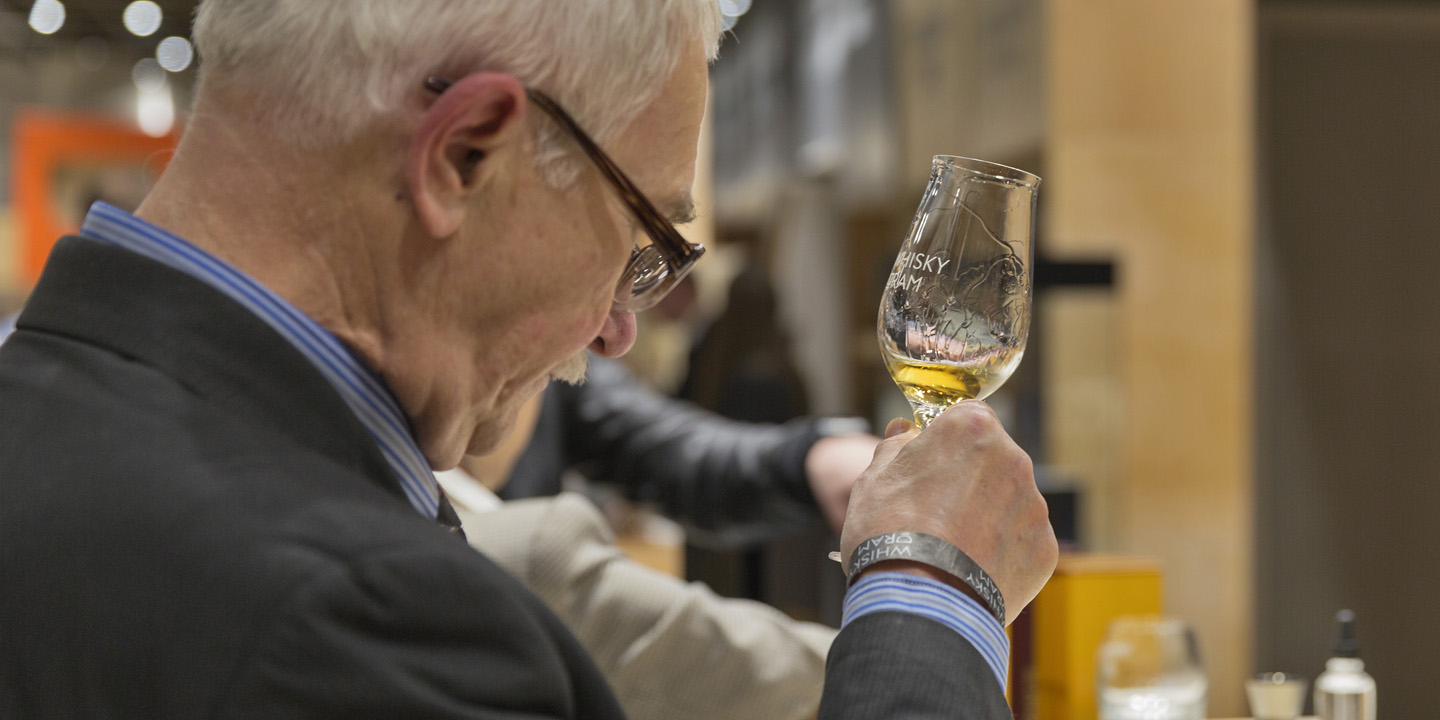Does Well-Aged Whisky Taste Better?
Learn Whisky, Whisky History
Simply put- the most widely accepted answer in the world of whisky is yes, well-aged whisky tastes more complex and better than young whisky. Taste, however, is subjective and what tastes better to one may not to another.
What can be said with certainty is that a well-aged whisky will yield flavours that a whisky aged for only a few years will not. Studies show that a whopping 70 per cent of a wood-aged spirit’s flavour comes from the wood, and for a whisky to even begin to absorb these flavours it must stay in contact with the wood for at least three years.
The beauty of aging whisky is that, over time, in the most natural way, certain overwhelming flavours tend to mellow out and grow smoother, while flavours which characterize the whisky (fruity, grassy, spicy flavours) often swell and grow stronger.
Whisky connoisseurs worldwide tend to seek out these mellowed-out, smoky or sweet expressions infused with smooth honey, oak or sherry under-notes that are often delivered by well-aged whiskies. What can be said for certain is that a well-aged whisky will, more often than not, deliver more complex flavours, which are less sharp and more subtle, offering a longer, lingering aftertaste, built up during the many years of its maturation.
It’s worth remembering that all whiskies differ and so, adapt to maturation differently. While certain whiskies age magnificently and build up complexity year by year, others can grow too woody and too bitter when left in maturation too long.
But the age a whisky is up to experienced and knowledgeable distillers to decide. The great producers know best and for this reason, most twenty or thirty year-old single malts from world-renowned distilleries always shock and please drinkers, having been left to age for the optimum amount of years to allow the flavours to balance out perfectly.
Keep in mind that the flavour of a well-aged whisky is often difficult to be assessed by a non-whisky drinker and so, many claim that a well-aged single malt tastes no better than a young blend. As mentioned in our whisky tasting article (hyperlink Tasting Article) experience and passion are key in allowing one to reap the most from a whisky tasting experience.
Someone who has never experienced a 12 year-old Islay whisky or a 10-year old Highland malt, will have a difficult time breaking down the flavours of a complex 30 year-old, sherry cask aged single malt.
While the best way to experience this difference in flavours is to try several bottles of the same batch of whisky, each aged for a different number of years, these products aren’t always easy to find. Look into a brand you love, preferably for bottles aged 12, 18, 20 or 23 years and then a young blend. After sampling these, you will understand the difference between young, well-aged and old, rare whisky.
Try the remarkable Glenlivet aged for 33 years and compare it with the younger Gordon Macphail Caol Ila aged for 13 years for a deeper experience of whisky flavour!



